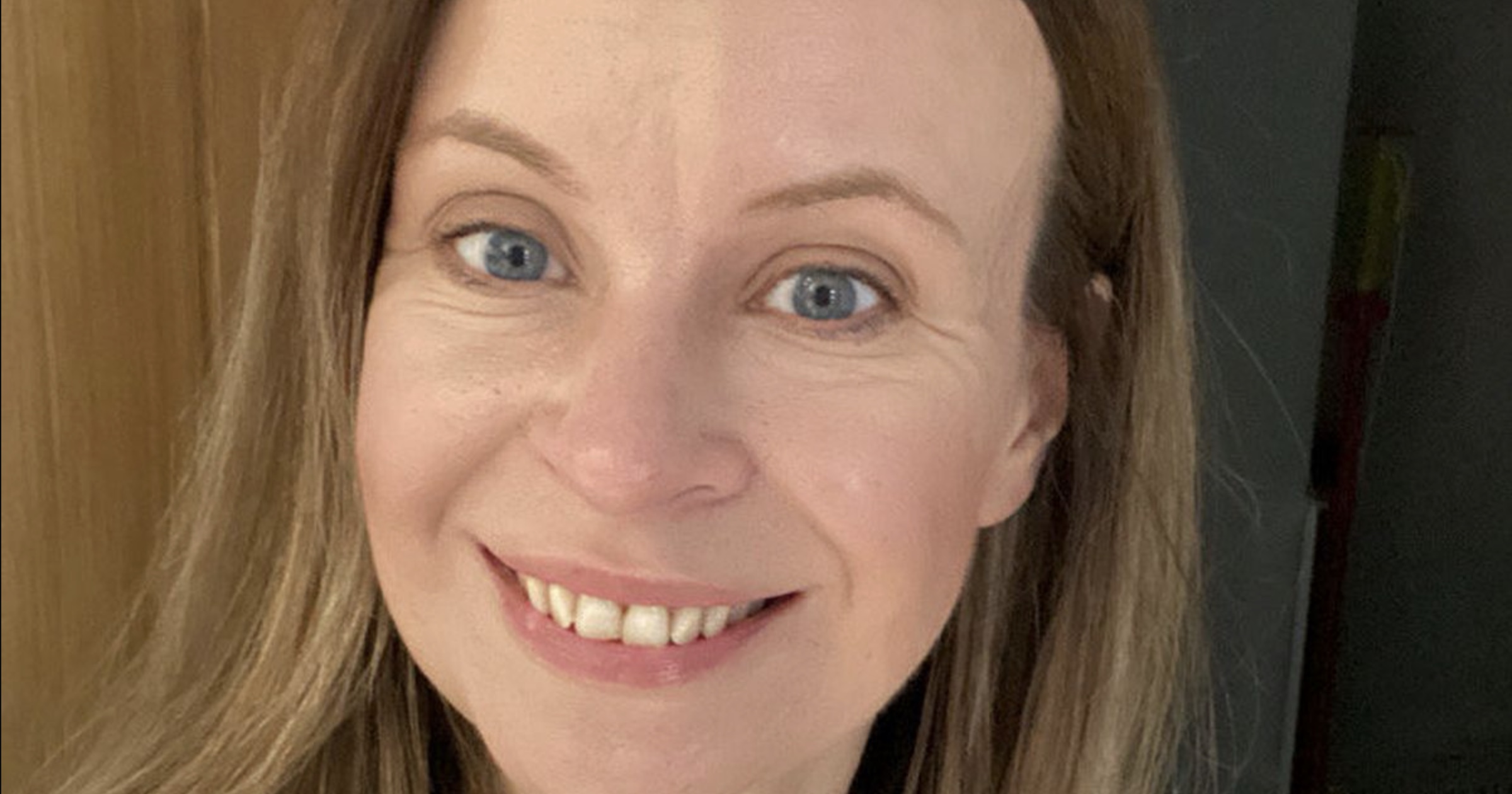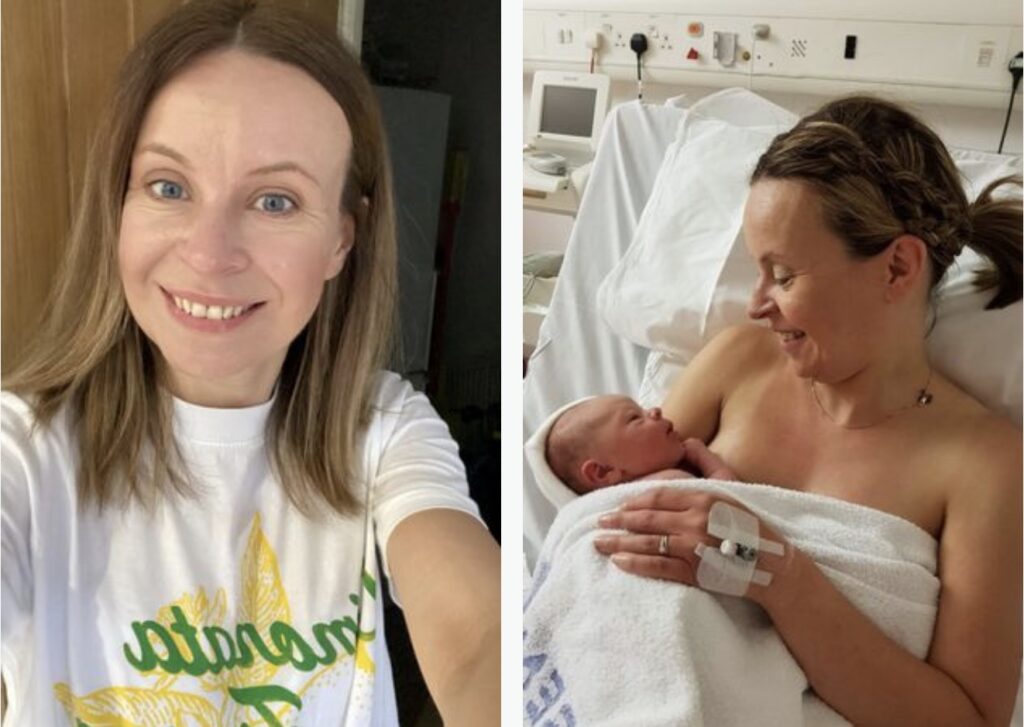
Woman who goes by the name Samantha Heathcock 43yrs, is a mother of two who chose to have children later in life with her partner, Neil, who is 44. She firmly believes that “age is just a number” and that society should shift its perception of older parents. Samantha faced challenges during her pregnancies, including difficulty finding support online and feeling that her symptoms and concerns were dismissed by medical professionals because of her age. She hopes to change the negative experiences and attitudes that older mothers face in society.
Samantha finds the term “geriatric” outdated and over-the-top in modern times. She believes that the way people act and live their lives at her age is different from how it used to be. She thinks that the label “advanced maternal age” is unnecessary and even funny, as it connotes that someone has passed their prime. Samantha asserts that there needs to be a complete cultural shift in attitude towards older mothers in how they are represented and treated.
Having her children in her mid-thirties allowed Samantha to enjoy a “party” lifestyle and establish her marketing career in her twenties. She believes that if she had children earlier, she would not have had the financial stability to care for them properly. Samantha reflects that she is now more emotionally mature, which positively impacts her ability to support her children better. She believes that motherhood is a significant life change, regardless of age, and that there is no rule book. Age does not make as much of a difference as people believe.
During her first pregnancy, Samantha experienced a complicated birth and had to switch from breastfeeding to bottle feeding because she struggled to get the hang of it. This decision left her in tears because she felt like she had failed at something that should be natural. However, she was met with hostility from medical professionals because of her age. They told her that because she was an older mother, she was finding the transition into motherhood more challenging. But Samantha believes that becoming a mom is hard, no matter what your age is.

During the first trimester of her second pregnancy in 2019, Samantha noticed spotting and contacted her GP. Although she and her baby were healthy after a consultation, they discovered that her belly was significantly larger than her previous pregnancy. After investigations, they found that she was producing more amniotic fluid than normal. Samantha was completely wiped out with exhaustion during the third trimester, which concerned her. However, when she went to see a doctor, she was told that it was because she was too old. Samantha felt that her age was being used as an excuse to dismiss her concerns. Luckily, when she saw her midwife, she was referred for an early pregnancy scan, and everything was okay. Her second son Jake was born without complications weighing 7lbs 5oz on July 6, 2019.
What Can We Learn From Her Experiences and story
Samantha Heathcock’s experience as an older mother highlights several important lessons. Firstly, age is just a number, and there is no rule book when it comes to becoming a mother. Regardless of age, becoming a mother is a major life change, and it can be a shock to the system. It is crucial for medical professionals and society to acknowledge that older mothers are capable of having healthy pregnancies and raising healthy children, and to provide them with the necessary support.
Secondly, there needs to be a complete cultural shift in how society perceives older parents. The term “geriatric” is outdated and over-the-top in the modern day. It connotes that one is over a certain age and has passed it, which is not only unfair but also inaccurate. As Samantha pointed out, the way we act at our age now is so different to how it used to be. She believes that there needs to be a change in attitude to how older mothers are represented and treated.
Thirdly, having a child is a major life change, and it is important to be emotionally and financially prepared for it. Samantha chose to have children later in life, which allowed her to establish her marketing career and live a “party” lifestyle in her twenties. She believes that if she had children earlier, she would not have had the financial stability to care for them. She also feels that she is now more emotionally mature, which enables her to support her children better.
Fourthly, Samantha’s experience with her first birth highlights the importance of being informed and making the right decisions for oneself and one’s child. She made the tough decision to switch from breastfeeding to bottle feeding because she struggled with it, and felt like she had failed something that should be so ‘natural’. It is crucial for medical professionals to respect mothers’ decisions and not make them feel guilty or inadequate for making choices that are best for them and their babies.
In conclusion, Samantha Heathcock’s experience as an older mother provides valuable insights and lessons for women who are considering having children later in life. It is important to remember that age is just a number, and becoming a mother at any age is a major life change. It is crucial for medical professionals and society to provide support and respect the choices of mothers, regardless of their age.




